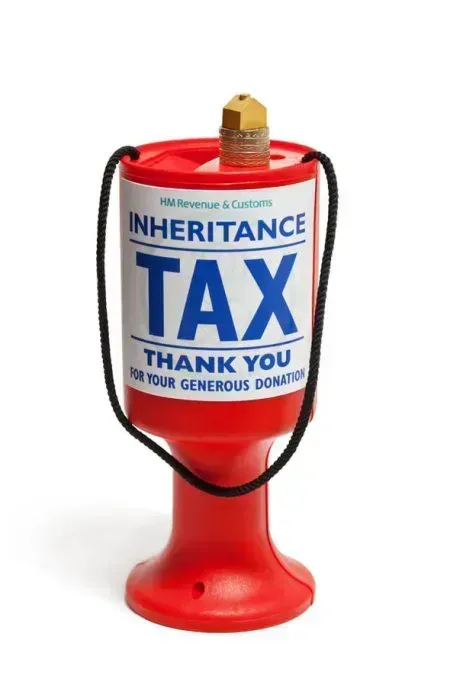29 August 2025
When people think about planning for the future, they often focus on writing a will. But there’s another powerful tool that can help protect your assets and take care of your loved ones: a trust. A trust is a legal arrangement where one person (called a trustee) holds and manages assets for someone else (called a beneficiary). You can create a trust during your lifetime or have it take effect after you pass away. While it might sound complicated, trusts can actually make things much simpler—and smoother—for your family. Here are a few key reasons why trusts are so useful in estate planning: 1. Avoiding Probate One of the biggest benefits of a trust is that it can help your family avoid probate—the court process of distributing a person’s assets after death. Probate can be time-consuming, expensive, and very public. Assets in a trust typically bypass this process, allowing for a faster and more private transfer. 2. More Control Over Your Assets With a trust, you can set specific rules for how and when your assets are given to beneficiaries. For example, you might want your children to receive their inheritance in stages, or you may want to make sure money is used only for education or health expenses. A trust gives you that flexibility. Should any of your beneficiaries’ divorce, trusts can help protect the assets that you leave behind for them, preventing them from being lost down a different bloodline. For this reason, trusts are sometimes referred to as 'bloodline planning' as they can prevent children from getting disinherited should a surviving spouse remarry and be the first the pass away in the re-marriage. With the right estate planning, trusts can prevent the assets from disappearing down a different bloodline. 3. Protecting Loved Ones Trusts can be especially helpful if you have young children, family members with special needs, or loved ones who may not be good with money. The trustee can manage the assets responsibly and distribute them according to your wishes. 4. Planning for Incapacity If something happens and you’re unable to manage your own affairs due to illness or injury, a trust can ensure that someone you trust is already in place to step in and handle things. This can bring peace of mind and avoid court involvement. 5. Reducing Taxes In some cases, trusts can help reduce inheritance tax and preserve more wealth for your beneficiaries. This is especially important for people with larger estates, though it's a good idea to talk to a professional to see what makes sense for your situation. Trusts aren’t just for the wealthy—they’re for anyone who wants more control, privacy, and peace of mind when it comes to their estate. While it’s wise to consult a professional when setting one up, a trust can be one of the smartest moves you make to protect your legacy and help your family.




